How will this work when there is a mix of Baby Boomers, Gen x, Millennials, and Gen Z in the same office? The current population of the Indian workforce is the melting point of generations in that each generation comes with its experiences, expectations and approaches to work. It is hard to produce harmony, not to produce hierarchy.
The Changing Face of Indian Workplaces
There have been rapid changes in the Indian working environments during the previous ten years. Strict hierarchies have been substituted with flexible hierarchies and digital tools, inclusive cultures in workplaces, and hybrid models. However, in the realm of a multigenerational environment, where four diverse generations exist in human resources, leadership has become a challenge in terms of communication, collaboration, and retention.
A 25-year-old may be more flexible and purpose-oriented whereas a 50-year-old is more stable and appreciative. The key to success is to recognize these differences and put bridges up to them rather than barriers.
Why Generational Diversity Matters
A cross-generational workforce is not a burden—it’s a strategic advantage. When managed well, it drives creativity, mentorship, and balanced decision-making. Each generation brings something valuable:
● Baby Boomers: Deep experience and loyalty
● Gen X: Practical leadership and adaptability
● Millennials: Innovation and purpose-driven thinking
● Gen Z: Tech-savvy, curious, and fast learners
A balanced mix of these generations helps organizations stay relevant while maintaining institutional knowledge.
Challenges in Building Cross-Generational Teams
Despite the potential, friction often arises due to:
● Communication gaps between tech-first and traditional workers
● Different work ethics—some prefer rigid structures, others value freedom
● Leadership disconnect, where older leaders may find it hard to engage younger staff
● Resistance to change, especially around technology and workplace policies
Recognizing these gaps is the first step to creating an inclusive and collaborative culture.
Bridging the Generational Divide
How can organizations truly blend these diverse mindsets? The answer lies in empathetic leadership and flexible workplace practices.
1. Encourage Reverse Mentoring
Let younger employees teach digital tools or trends while senior employees share business wisdom. This builds mutual respect and breaks stereotypes.
2. Redefine Workplace Policies
Offer flexibility that suits all—remote work options for younger staff, upskilling programs for older employees, and inclusive benefits that bridge generational needs.
3. Promote Open Communication
Use collaborative tools and regular discussions to ensure all voices are heard. Encourage feedback loops where every generation feels valued.
4. Focus on Shared Values
Despite differences, common goals like respect, growth, and impact unite teams. Companies that reinforce these values find stronger engagement and trust across age groups.
The Role of HR in Cross-Generational Success
HR professionals play a key role in aligning generational strengths with organizational goals. Initiatives such as diversity training, cross-age collaboration projects, and inclusive leadership programs can nurture a balanced culture.
HR must also analyze workforce data to identify generational patterns in turnover, motivation, and performance. This helps in shaping tailored engagement strategies rather than a one-size-fits-all model.
Conclusion
Cross-generational workplaces in India represent the future—a blend of tradition and transformation. Success will depend on how organizations balance digital innovation with human connection. When each generation feels heard, respected, and empowered, work becomes more than a job—it becomes a shared journey.
.jpeg)
 Cross-generational workplaces in India blend diverse experiences and mindsets. This blog
explores how organizations can bridge generational gaps through empathy, inclusion, and
flexible work culture to create sustainable, future-ready teams.
Cross-generational workplaces in India blend diverse experiences and mindsets. This blog
explores how organizations can bridge generational gaps through empathy, inclusion, and
flexible work culture to create sustainable, future-ready teams.








.jpeg)
.jpeg)
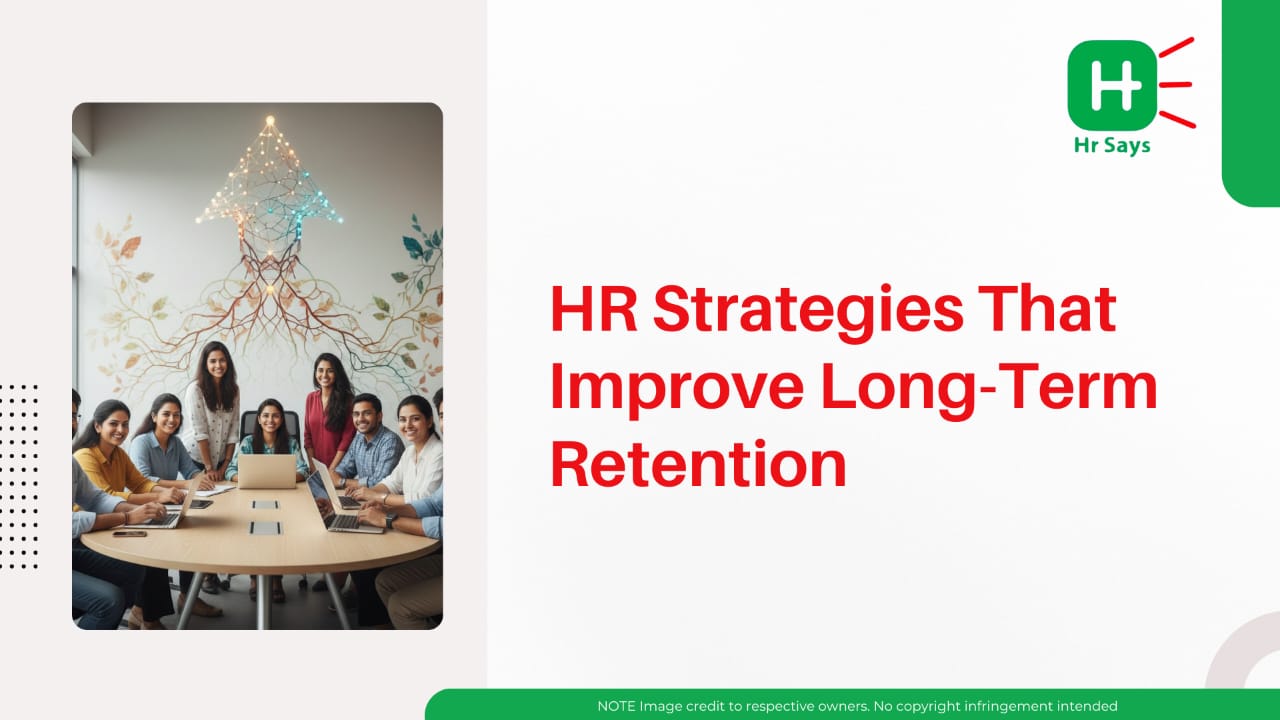
.jpeg)
.jpeg)
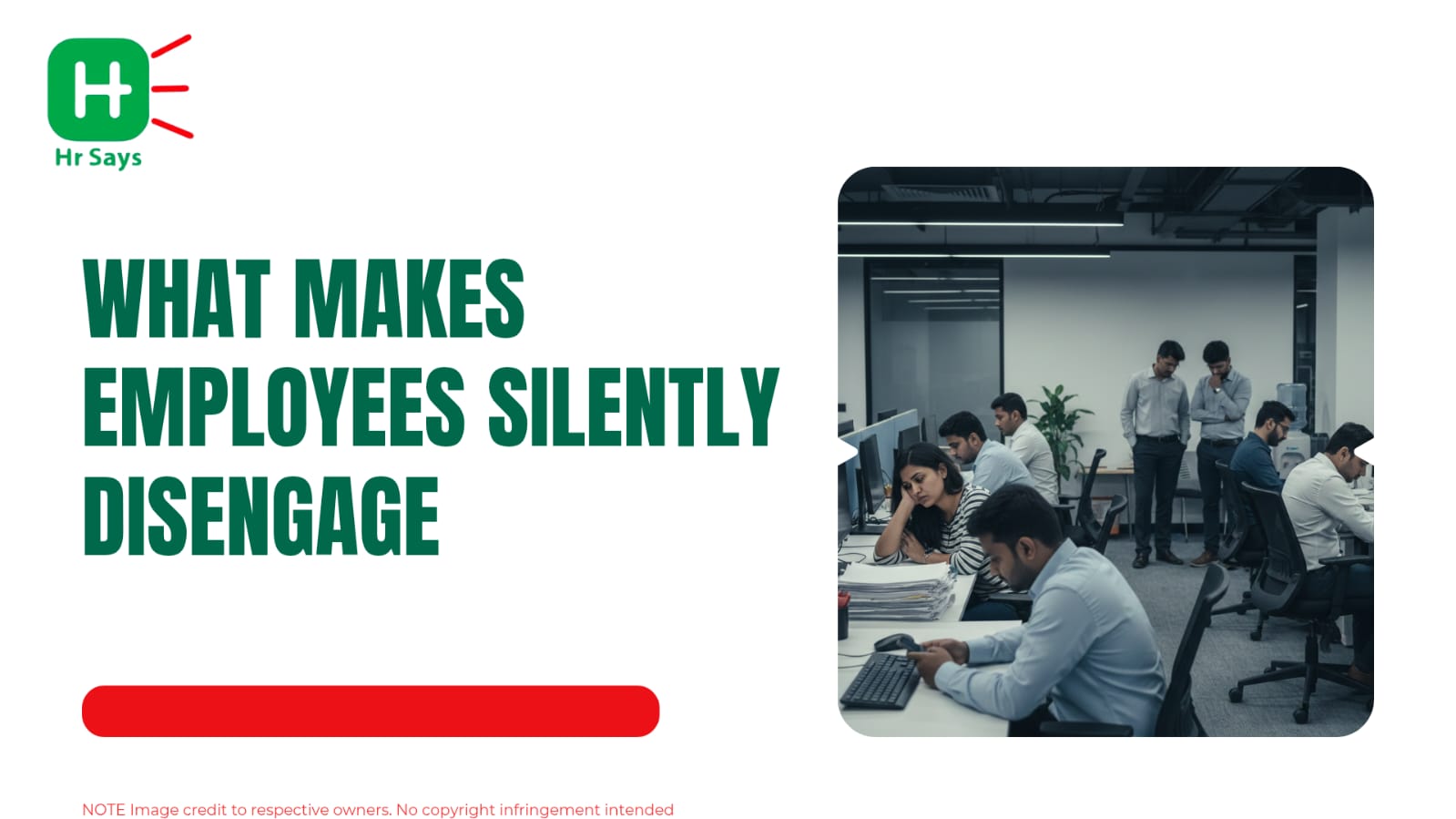
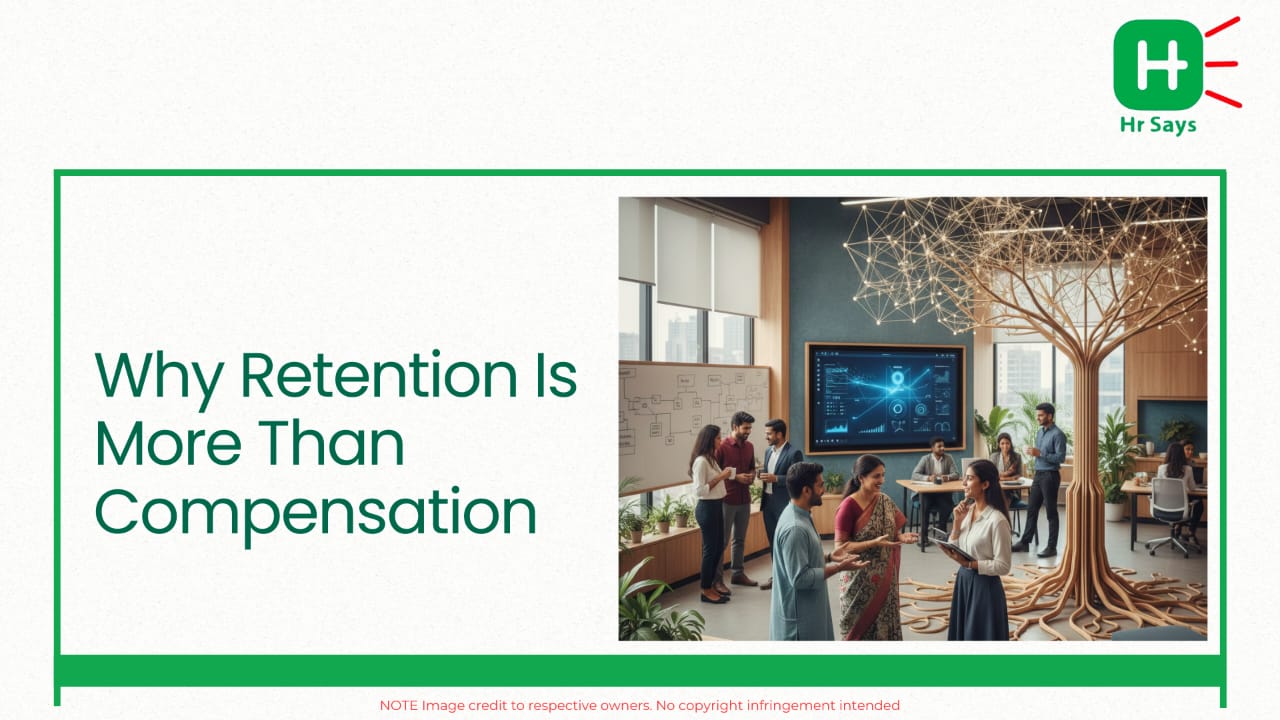
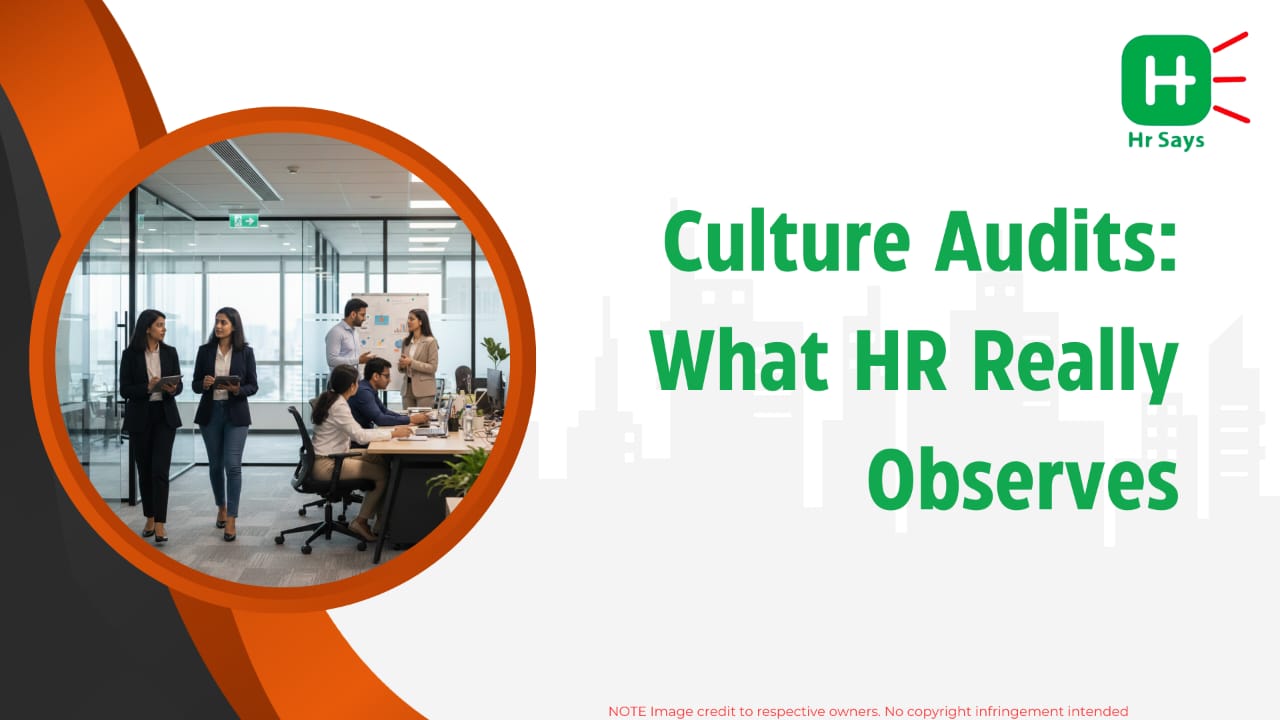
.jpeg)
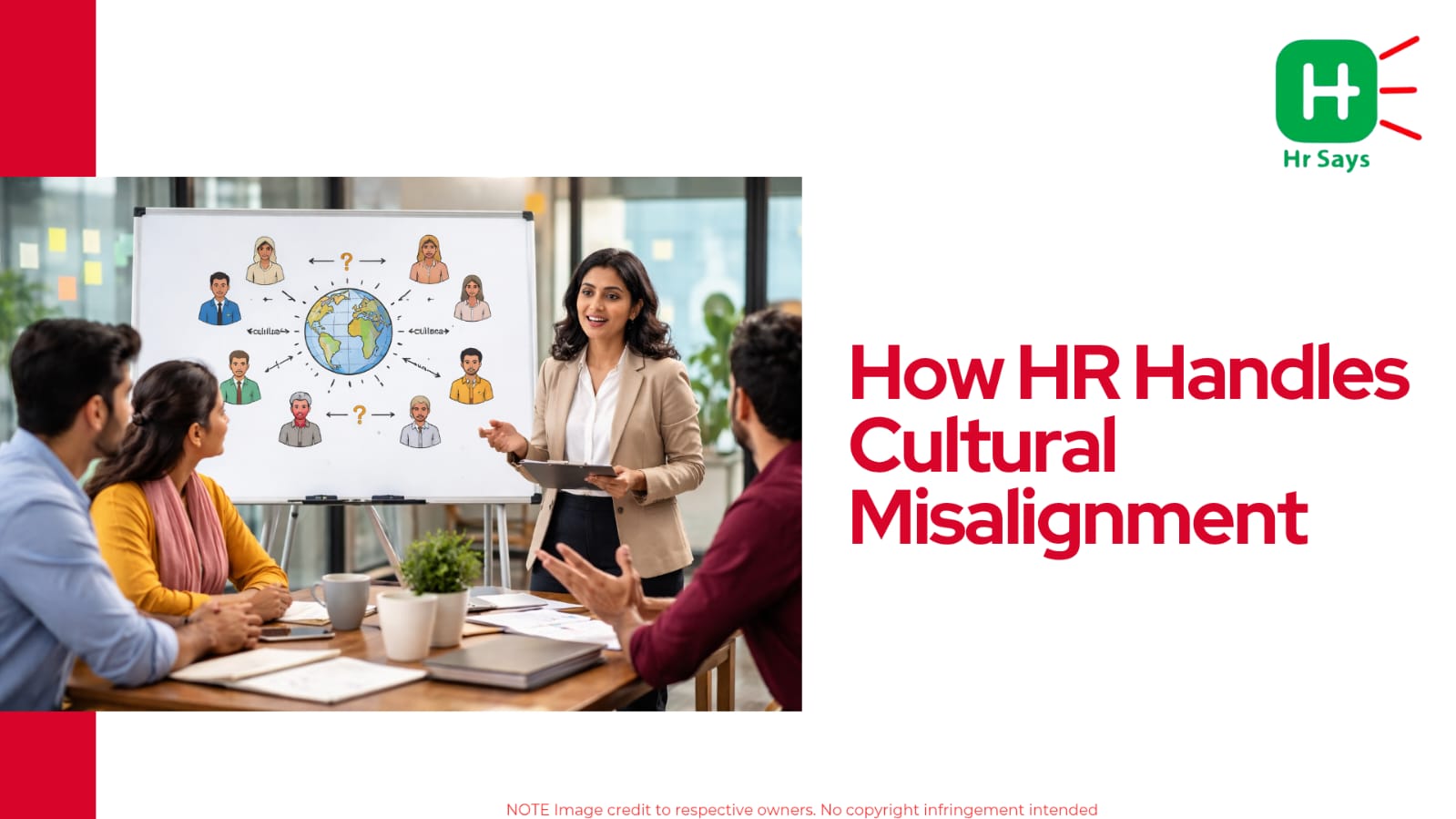
.jpeg)
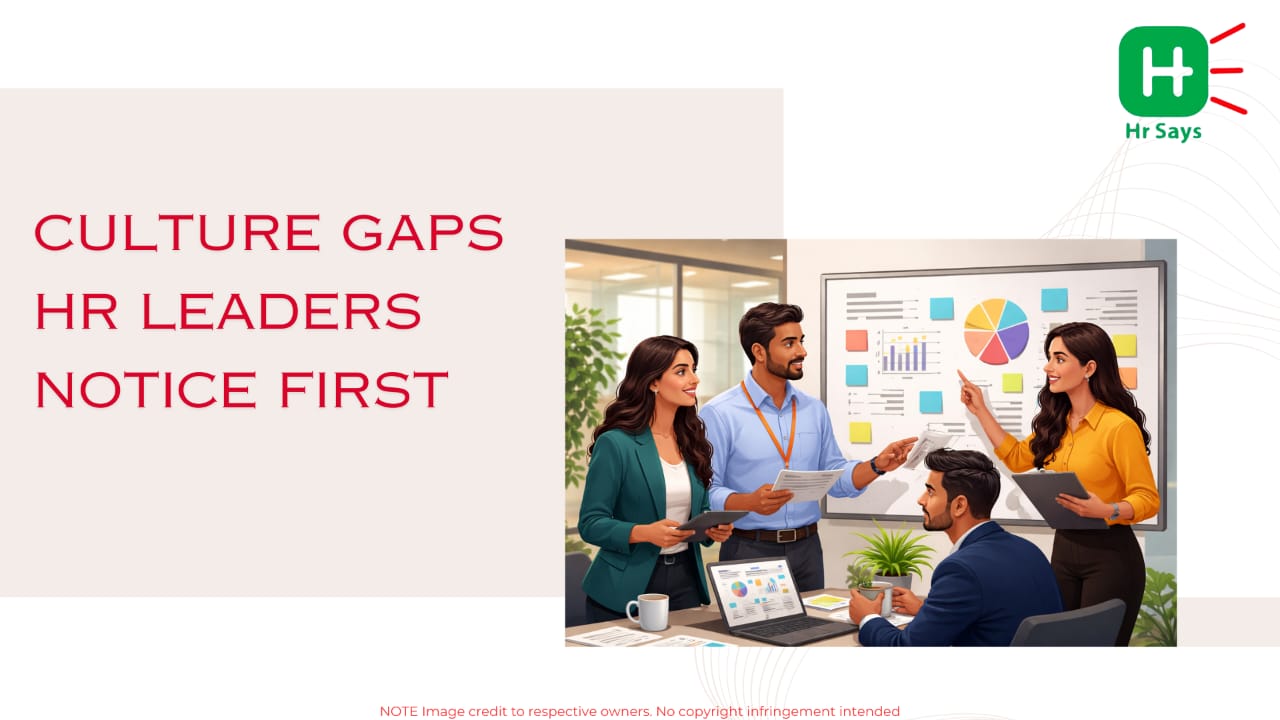
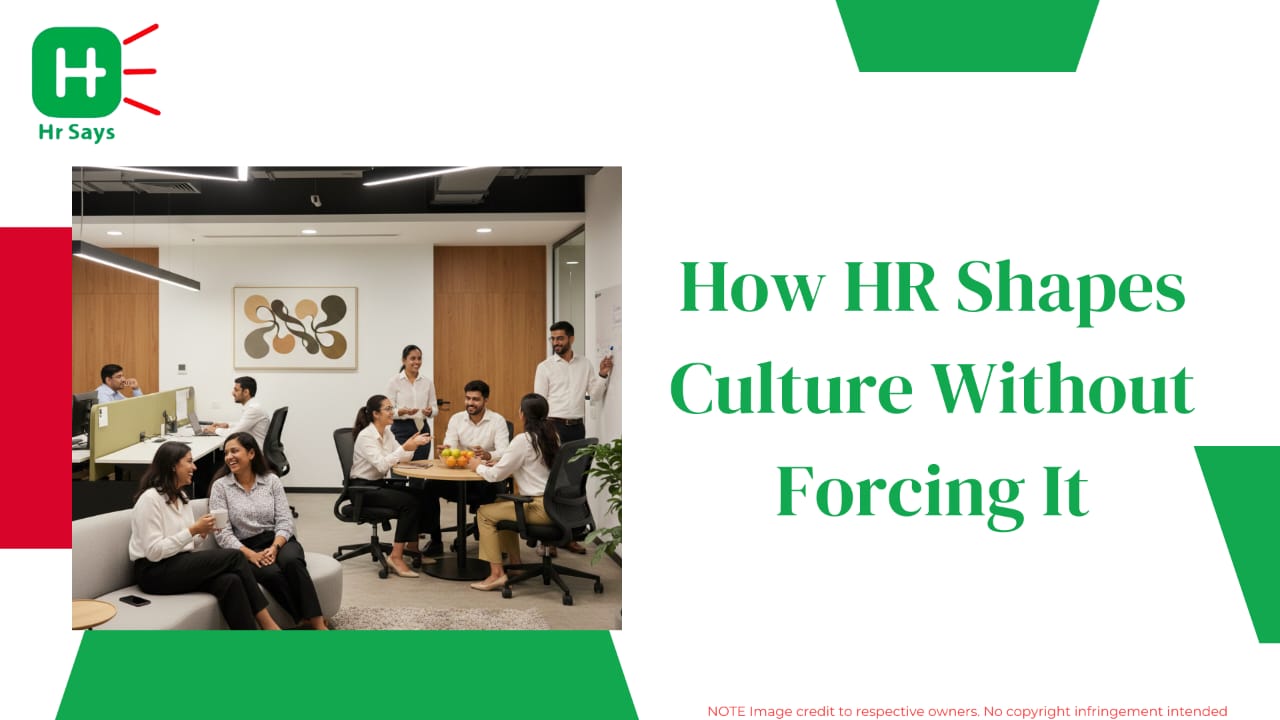
.jpeg)

.jpeg)
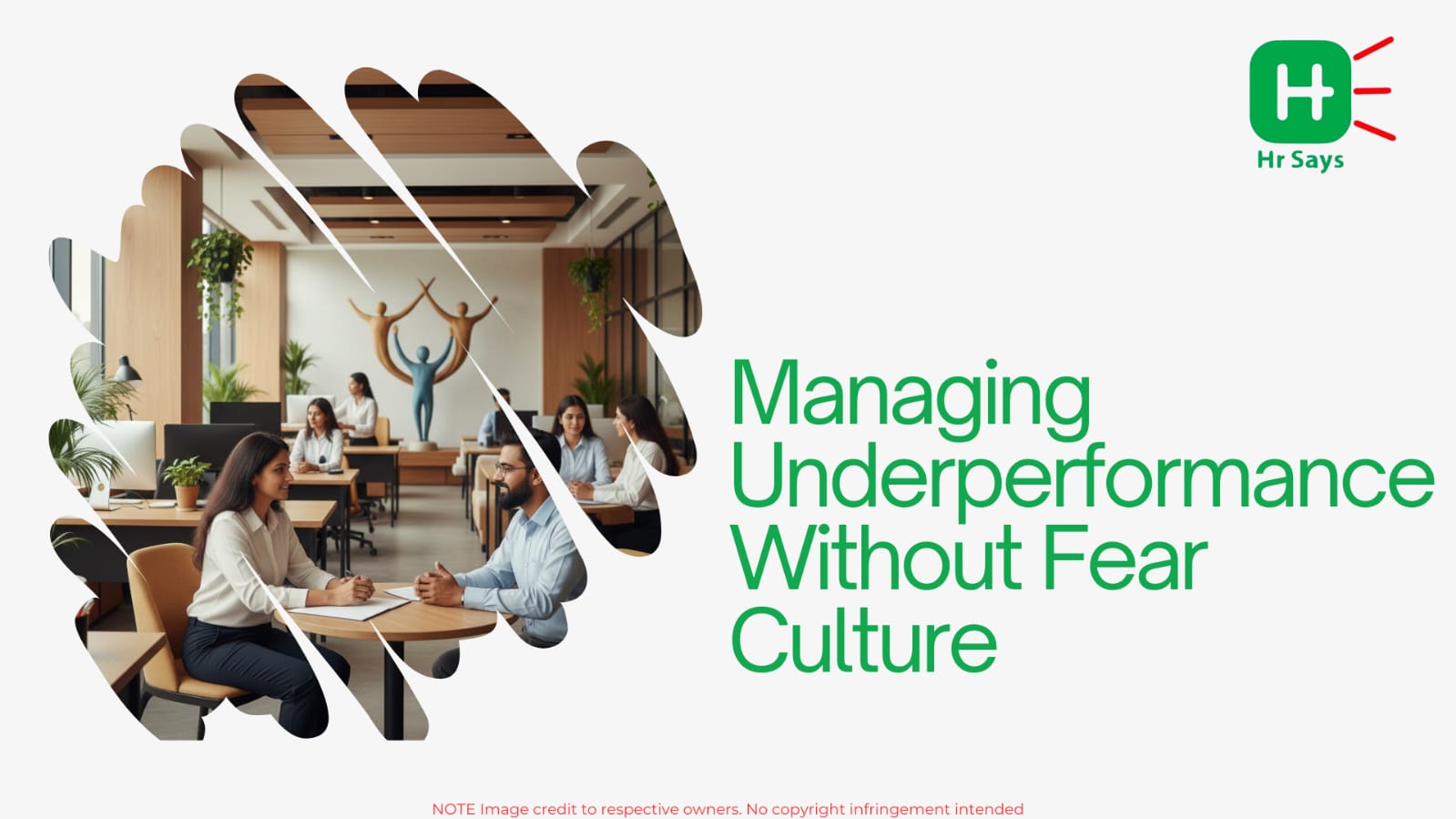
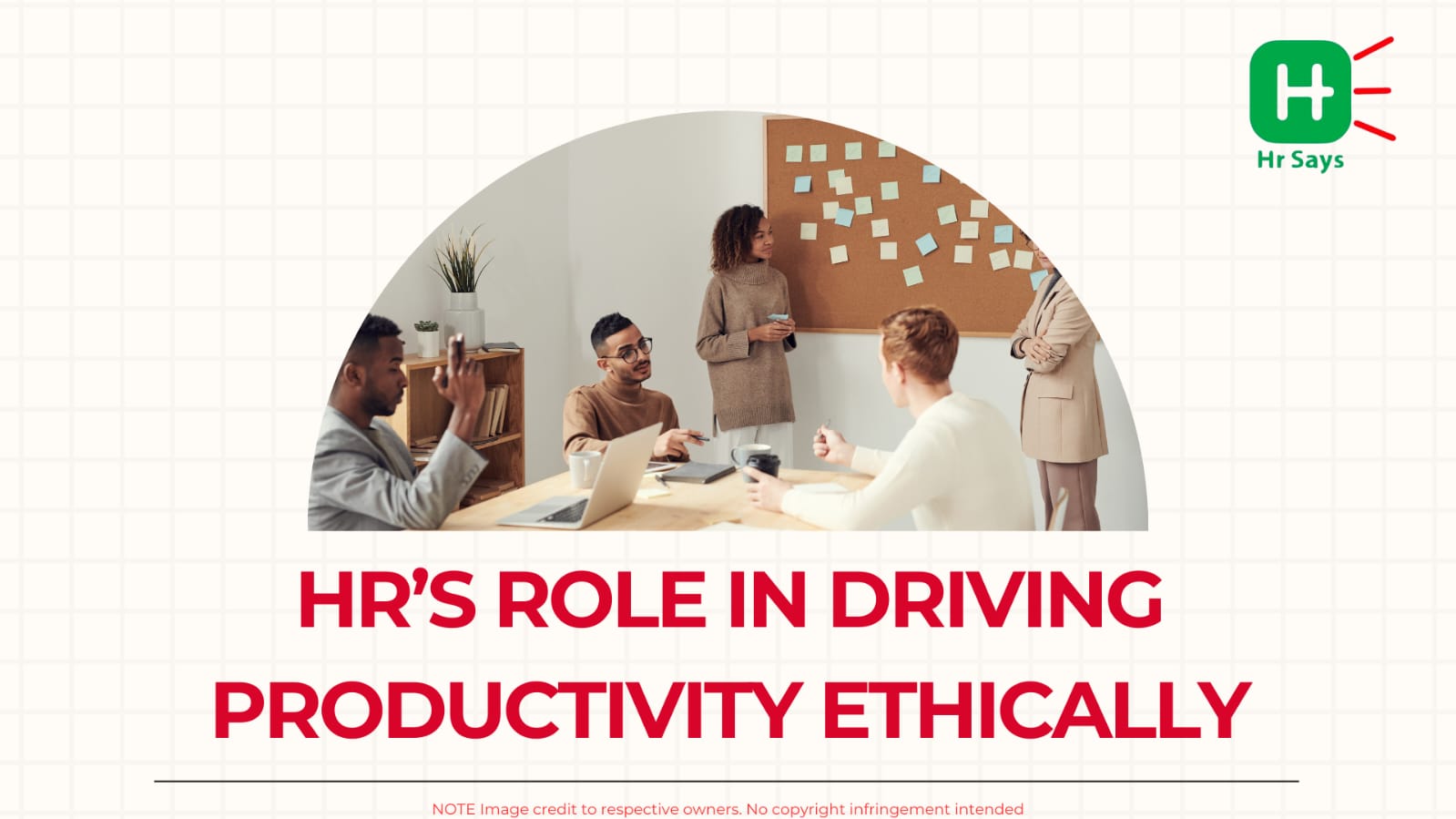
.jpeg)
.jpeg)